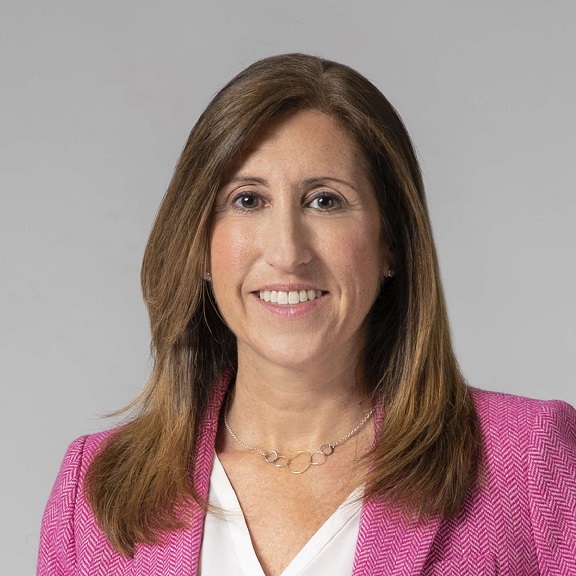-
The views expressed herein do not constitute research, investment advice or trade recommendations and do not necessarily represent the views of all AB portfolio-management teams. Views are subject to revision over time.
Retiree Hindsight Casts Light on Big DC Plan Blind Spot: Income Planning
Source: Inside the Minds of Plan Participants 2021 survey and AllianceBernstein (AB)
Source: Inside the Minds of Plan Participants 2021 survey and AllianceBernstein (AB)
Source: Inside the Minds of Plan Participants 2021 survey and AllianceBernstein (AB)
Jennifer DeLong is a Senior Vice President, Managing Director and Head of Defined Contribution, responsible for leading AB’s defined contribution business in North America. She oversees product management and development, marketing, participant communications, and client services for the firm’s institutional custom target-date and lifetime income solution clients. Additionally, DeLong is responsible for firm’s Collective Investment Trust business and is President of the AllianceBernstein Trust Company. Since joining AB in 1999, she has held various senior client relationship management, product management and marketing roles, all primarily focused on defined contribution, 529 college savings plans and sub-advisory insurance services for both institutional and retail clients. Before joining the firm, DeLong worked in various sales, marketing and client relationship management roles for both small and mega-sized defined contribution plans. She holds a BS in business management with a minor in international business from The College of New Jersey, as well as FINRA Series 6 and 63 licenses. Location: New York
Heather Balley is Managing Director of Participant Communications for AB's Defined Contribution business. In this role, she provides defined contribution product content, focused on plan participants, to the firm's Institutional and Retail clients. Balley is also responsible for AB's proprietary research that's focused on plan sponsor and participant behaviors, with special attention to target-date funds, participant engagement and confidence, and financial literacy. She joined AB in 2014 and has over 25 years of experience in financial-services communications and marketing. Prior to joining the firm, Balley held various roles in defined contribution, including positions at PIMCO, Lincoln Financial and Mercer Consulting. She holds a BS in marketing and economics from Lehigh University, and holds FINRA securities registrations 6, 26 and 63. Location: New York





